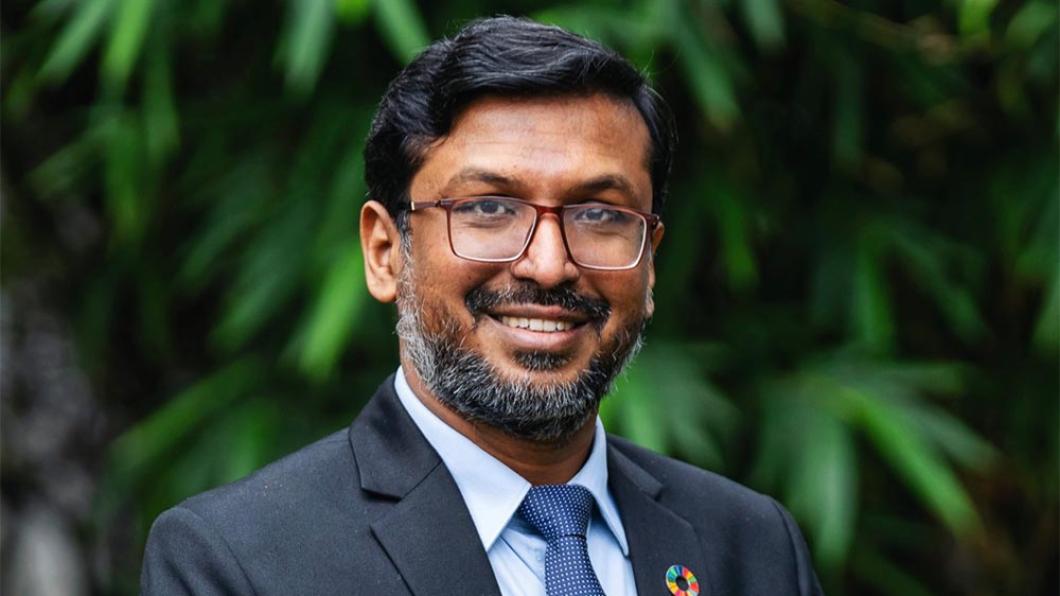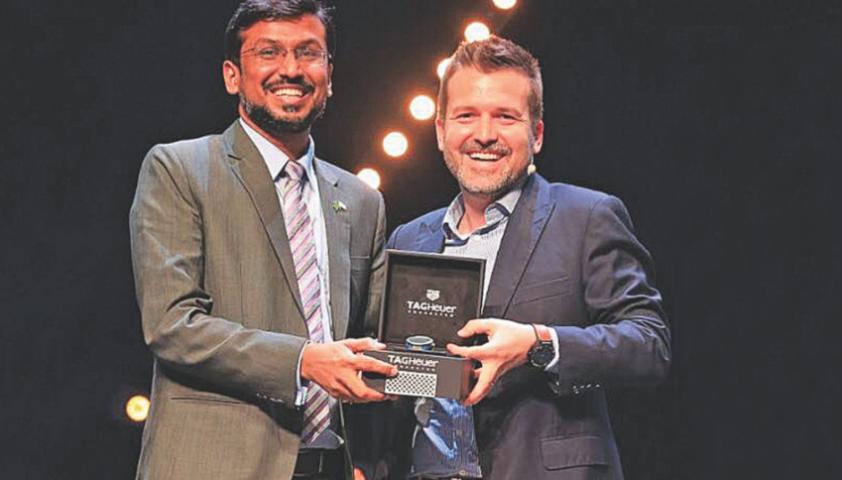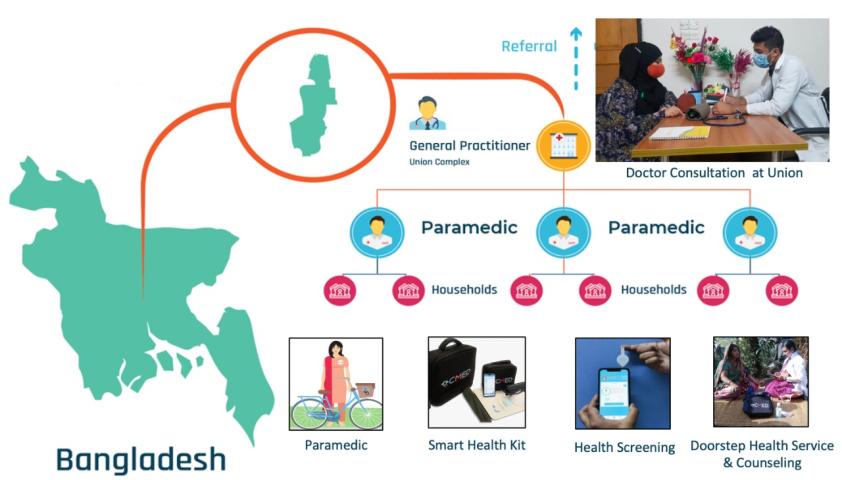
Dr. Mamun’s mission is to create healthier futures in Bangladesh and beyond
“Our job, as researchers, is to understand the problem and how we can utilize technology and our resources to develop solutions.”
Beginning at the BRI with BCI
While Dr. Khondaker A. Mamun was completing his Ph.D. in Computer and Biomedical Engineering at the University of Southampton, he came across the work of Dr. Tom Chau and the Bloorview Research Institute (BRI).
Dr. Mamun was interested in learning more about how to help people with disabilities through assistive technologies, which is why he decided to complete his post-doctoral fellowship at the PRISM Lab. “This could be my dream lab to work with and develop myself for the future,” he says.
The BRI has a long history of recruiting top international students for post-doctoral fellowships. Today our best-in-class research and training programs continue to exponentially improve access and the quality of care for children with disabilities around the globe.
While at the BRI, Dr. Mamun was involved with the research to develop a communication switch powered by Brain-Computer Interface technology (BCI), for kids who are non-speaking. “This gave me an opportunity to diversify my thinking and develop my capacity to really look and gain perspective into how you can make a significant impact in your society and bring smiles to families,” Dr. Mamun shares.
His training in the PRISM Lab, and with Dr. Chau, provided him with the skills he needed to return to Bangladesh and advance access to healthcare and medical technologies. “Tom’s training hugely influenced my career and transformed me to create the work I do now in Bangladesh.”

Expanding access to healthcare
Motivated by a commitment to community contribution, Dr. Mamun returned to Bangladesh in 2014 with a mission to transform his home country's research and development landscape. He admired Prism Lab's impact on solving social problems in Canada, especially for children with disabilities, and felt compelled to bring the skills and vision he gained back to Bangladesh.
Upon his return, he joined the United International University, where he established the Advanced Intelligent Multidisciplinary Systems Lab (AIMS Lab), focused on machine learning, data mining, natural language processing, intelligent systems, biomedical engineering, bioinformatics, and embedded systems. In 2021, he also founded the country's first Brain-Computer Interface (BCI) lab at UIU.
“I wanted to create a culture of identifying the problem and using technology to develop scientific solutions, innovations, and patents for commercialization,” he says.
More recently, his CMED Health initiative has helped over 2.5 million people access primary healthcare through digital technologies in Bangladesh, where lack of access to affordable, quality healthcare continue to be a challenge.

Supporting autism in Bangladesh
In developing countries like Bangladesh, access to autism screening, diagnosis and treatment services can be very limited. Dr. Mamun saw the need to make these services more convenient and accessible, so he designed and developed a mobile-based interactive screening and referral tool, Smart Autism Barta, as well as Bolte Chai, a communication app specifically designed to help children with autism develop their speech abilities.
Dr. Mamun remembers a particular 11-year-old boy who was diagnosed with autism and was initially nonverbal. Through this communication tool, the boy not only began to express himself and develop his speech abilities but also started talking and even singing.
“The idea is that if we develop a low-cost solution, we can empower people with disabilities and make the world a better place with no one left behind,” says Dr. Mamun. “I believe my innovation efforts will contribute to building a smart Bangladesh.”
Dr. Mamun credits his drive to create a more accessible and healthier world to his time at Holland Bloorview, the BRI, and our bold vision to address the profound gaps in healthcare, equity, and access to technology and equipment experienced by kids and youth with disabilities around the world.